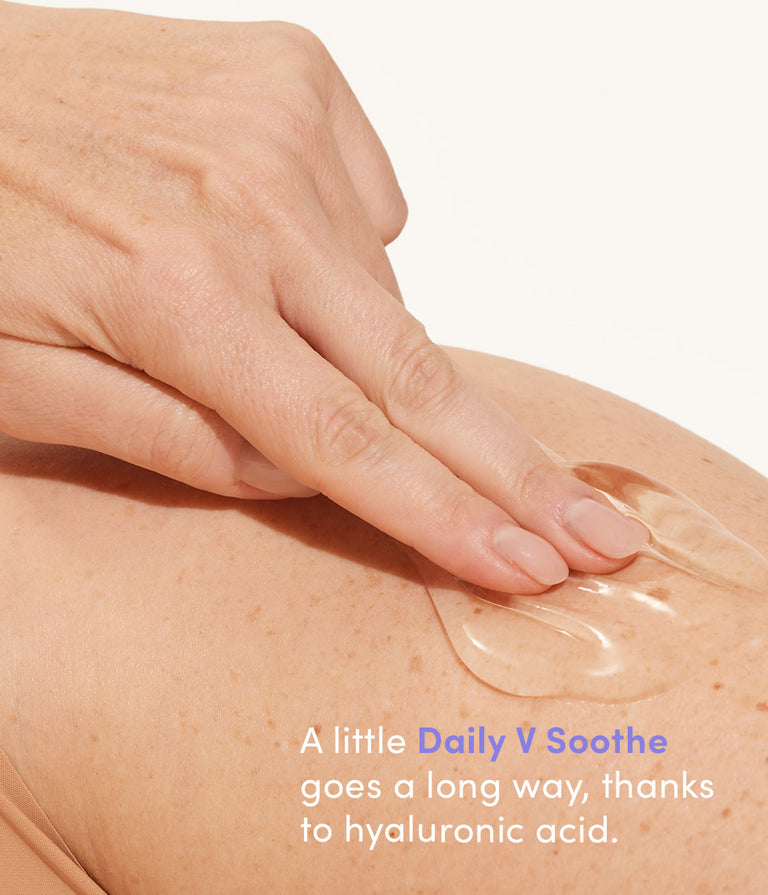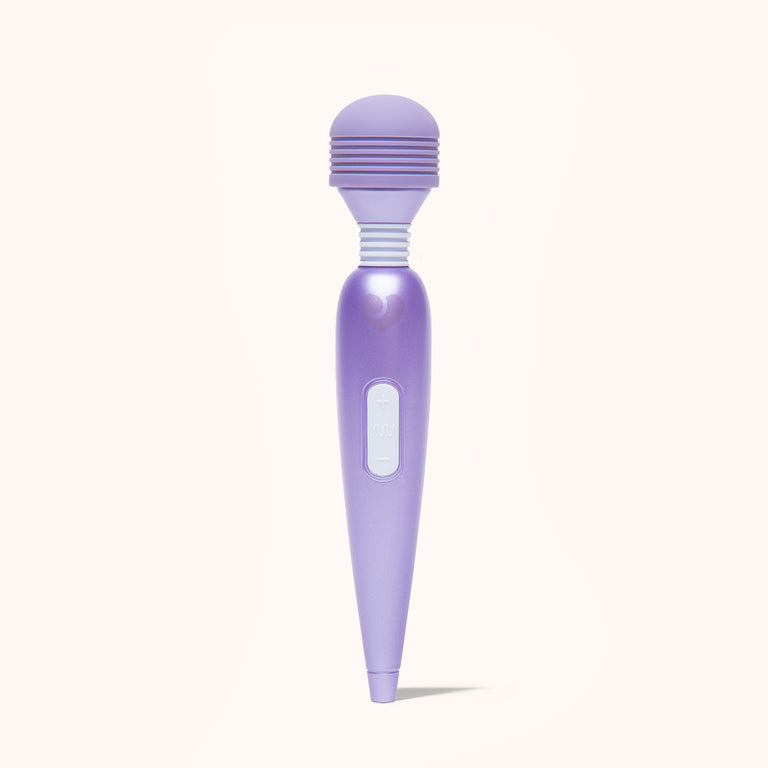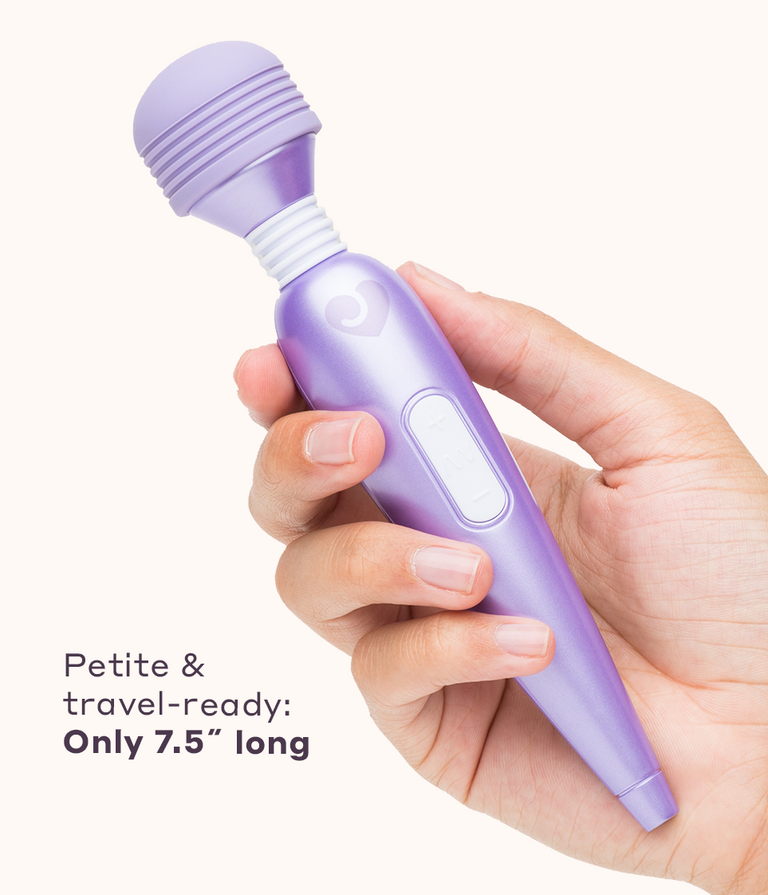By Julia Walker, RN, BSN 7-Minute Read
Julia Walker, RN, BSN is a women's health nurse, writer, and member of the perry team. Perry connects and supports perimenopause warriors in a safe space. To build friendships, learn, and laugh. The moment you think, “WTF, could this be menopause?”—join our sisterhood!
If you've ever heard sex after menopause is non-existent, you're not alone. Most people imagine sex is a thing of the past once you say goodbye to your fertility. Yet, many women and their partners enjoy vibrant sex lives during the menopause years. Indeed, with worries over pregnancy behind them and perhaps children who've moved out of the home, time and space for intimacy should increase. But there's no denying the certain physical, mental, and emotional changes that accompany the menopause transition can change how you experience sex. Here is what you can expect with sex once you enter perimenopause—as well as some tips for keeping it fun and fulfilling as you head into menopause and beyond.
What to expect with sex & changing hormones
Women often report that sex is affected by perimenopause. And, there are a lot of reasons why this happens. Firstly, two of the most common symptoms of perimenopause are low libido and vaginal dryness. So, right there, you have two symptoms that directly impact your interest in sex and your ability to enjoy certain types of sex (namely, penetrative).
Before running ahead, though, it's important to note that some women have the opposite experience with their libido in perimenopause. That is, they find they have a high libido. Whatever your experience with libido, changing hormones are often to blame.
"Fluctuating hormones give rise to many symptoms that can affect how you experience sex."
In perimenopause, you still experience menstrual periods and can get pregnant. However, periods become irregular, and estrogen and progesterone levels can fluctuate. These fluctuating hormones give rise to many symptoms that can affect how you experience sex. For example, these symptoms (and there are many more) can interfere with your enjoyment of sex:
-
Breast tenderness
-
Anxiety
-
Depression
As your body changes in perimenopause, it can make you feel different in your skin. Consequently, many women worry how their partner will view their bodies. We all know that physical preparedness for sex is important for women, but even more important is mental readiness. Thus, if you are worrying over how you look or are struggling with stress and anxiety, it can certainly make it harder to get your head in the game.
What about painful sex?
It is common for women to say that sex becomes painful in perimenopause. This response is because the decrease in sex hormones like estrogen and testosterone (to a lesser extent) can cause vaginal dryness. Aside from losing your lubrication, other changes can occur within and around the vagina. The skin and muscles can also atrophy, making it uncomfortable in the presence of friction and penetration. Additionally, it is common for the muscles to tighten in that area, especially if you've had painful sex in the past.
Slowed blood flow to your reproductive organs is also a normal part of aging, beginning in perimenopause. Estrogen brings blood flow to your vagina and vulva, so changes in those levels start to pull blood to other areas of your body.
"Sex is both a physical and mental game for us women."
7 Ways to Make Sex Great in All Stages of Menopause
Sex is both a physical and mental game for us women—so our efforts to make sex great need to target both our physical and mental wellbeing.
1. Start with a vaginal moisturizer.
Moisture down there is critical, whether you have penetrative sex or not. Indeed, it is common for some women even to have discomfort with walking if their vaginal tissues are not moist. Finding a good moisturizer not only keeps your tissues healthy and hydrated but can also ward off unpleasant infections like yeast overgrowth.
2. Consider vaginal estrogen.
Unlike HRT, which is a systematic estrogen, vaginal estrogen is applied directly to the tissues of the vagina and does not circulate throughout the body. Therefore, the effects of the added estrogen strictly target the tissues in your vagina, increasing blood flow and moisture. Most women are safe to take vaginal estrogen, but it does require a prescription, and you will want to make sure your doctor knows your complete health history when you talk to them about this option.
3. Find a good lubricant.
Many women swear that a good lubricant makes all the difference, and there is a reason. If you find your lubricant sticky, irritating, smelly, or generally unpleasant, you are likely not going to enjoy your sexual experience. Yet without lube, you probably won’t enjoy it too much, either. So have fun solo or with a partner exploring different types of lube that make sex enjoyable.
"Have fun solo or with a partner exploring different types of lube that make sex enjoyable."
4. Communicate.
Intimacy is an integral part of partnered relationships. For many, that involves having some form of sex. For others, it may be in sharing in other forms of intimacy. Wherever you stand, you must communicate where you’re at with your partner. Understand that they may have different intimacy needs than you and explore how you can work together to make one another feel heard and fulfilled in your relationship.
5. Self-care.
Sometimes, focusing on yourself is just the thing you need to relax and enjoy sex. Consider trying the following:
-
Eat healthy foods that support your body and mind while making your digestive tract happy (think: veggies, lean proteins, fruits, nuts, seeds, and some whole grains).
-
Make lists or write in your journal to clear your mind.
-
Treat yourself to things that make you feel beautiful or sexy (like getting a new bra that actually fits and feels good or taking a long bath).
-
Work out regularly to strengthen your pelvic floor muscles, increase your overall health, and boost your mood.
-
Let your partner help more with duties like housework and caregiving, so you have more energy and interest in sex.
6. Schedule it.
Being spontaneous is one of the things that makes sex exciting. However, if you struggle to become interested in sex, making it part of your routine and scheduling it can actually help. Do things for yourself that get you in the mood, like taking a nice shower, getting a massage from your partner, or reading a trashy novel.
7. Try new things.
Don’t hesitate to try new things to spice up your intimacy. And remember, foreplay doesn’t have to stay in the bedroom. Shop for a new lubricant or vibrator together, tell each other dirty thoughts, and dish out compliments to one another to show your love, interest, and attraction.
When to Talk to Your Doctor
If you're struggling sexually, certainly reach out to your doctor. Sex is an important component of your health, and therefore should be important to your doctor as well. And remember, if you have a partner, they may be struggling, so be sure to encourage them to seek help if they need it, too.
More Health & Wellness
Ask a Sex Therapist: "What Type of Lubricant Should I Use?"
Pelvic Health With Dr. Laura Meihofer
What’s Happening Here? Vaginal Dryness








